detail profile p c3 a9ter scherer
Peran Yang Di Mainkan Péter Scherer
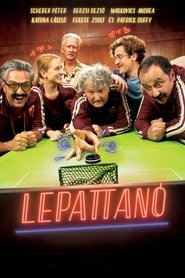 For Klmn button football is a...
For Klmn button football is a...Lepattanó 2024
For Kálmán, button football is a serious sport. He and his team are preparing for the European Championship. They could have a good chance of qualifying, but they are disqualified for financial reasons at the last minute. With an unexpected twist, a billionaire mistakenly transfers 100 million forints onto their account.
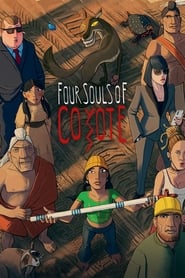 This film is a tribute to...
This film is a tribute to...Four Souls of Coyote 2023
This film is a tribute to a humiliated and destroyed nation. "As Long as the Grass Grows" is an alternative, ancient and humble creation story, where man is not the crown of the creation, but the weakest of all creatures. The film takes us back to the beginning of time, where Old Man begins to create the world out of a handful of mud. Everything he creates is new and nameless, and affects the rest of the world. Even feelings and desires are unknown and when they emerge, the world becomes more and more complicated.
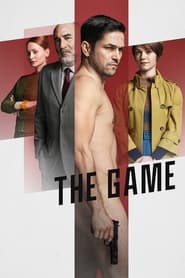 During the Cold War the secret...
During the Cold War the secret...The Game 2022
During the Cold War, the secret service of Kádár began a more dangerous state security game than ever before.
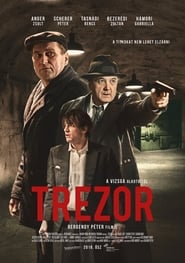 The police hire a convicted bank...
The police hire a convicted bank...Trezor 2018
The police hire a convicted bank robber to crack the Ministry of Interior's vault during the final days of the 1956 Hungarian Revolution. But what they find inside is quite different from what they were expecting.
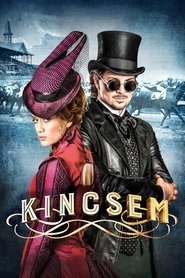 The new owner of a brilliant...
The new owner of a brilliant...Bet on Revenge 2017
The new owner of a brilliant race horse finds love while carrying out his revenge on the man who murdered his father.
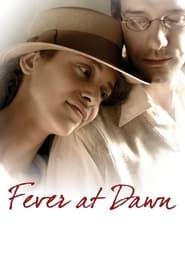 The story of a love born...
The story of a love born...Fever at Dawn 2015
The story of a love born in the strangest of circumstances between two long-suffering survivors of the hell that was the Holocaust. Their love overcomes all obstacles in its path, including death – when it eventually comes. Set in the Swedish rehabilitation camps during the autumn and winter of 1945.
 This is the story of presentday...
This is the story of presentday...Coming Out 2013
This is the story of present-day Hungary's most famous gay celebrity who openly admits his homosexuality and fights for gay rights in a society where so many alternative values are denied. But then something happens and he is shocked to discover his growing interest in the female of the species.
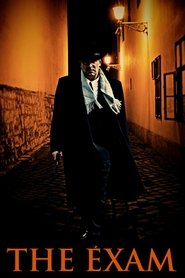 Budapest Hungary Christmas 1957 The state insecure...
Budapest Hungary Christmas 1957 The state insecure...The Exam 2011
Budapest, Hungary, Christmas 1957. The state, insecure after the defeated revolution of 1956 and increasingly put under the influence of a renewed Stalinist atmosphere, has decreed that all security officials must pass an exam to verify their loyalty. But to be actually effective in a shadowy world where suspicion and secrets reign, the subjects must be unaware that they are being tested.
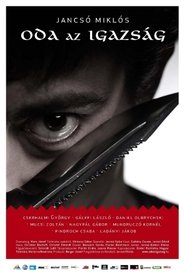 Concerning the Mtys era in Hungarian...
Concerning the Mtys era in Hungarian...So Much for Justice! 2010
Concerning the Mátyás era in Hungarian history, during the reign of Matthias Corvinus (1443–1490), the film focuses on three eras of the king's life: the young Mátyás fights for the throne, the older Mátyás as king, and the fate of the royal crown and the royal heir after his death.
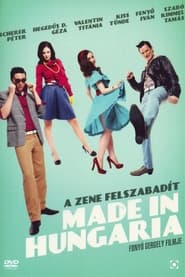 Mikls Fenys parents returned to Communist...
Mikls Fenys parents returned to Communist...Made in Hungaria 2009
Miklós Fenyö's parents returned to Communist Hungary in the mid sixties - when everyone else was fleeing to the West. Miki's old friends don't know what to make of his outrageous clothes, flawless American accent and collection of original Buddy Holly 45s. His childhood sweetheart is cold and distant while local tough guy Röné is unmoved by the challenger to his rock 'n' roll crown. But that's not all. When the authorities see the effect Miki's gyrating hips and lewd music have on teenage girls, they won't stand for it. His father's job is on the line, and, for the first time, Miki must play by the rules. He has no choice but to enter the local talent show...
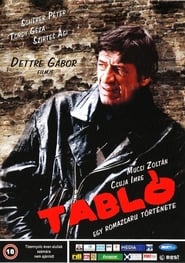 Karcsi a Roma policeman lives with...
Karcsi a Roma policeman lives with...Tabló 2008
Karcsi, a Roma policeman, lives with Eva, a Swede. One day he is called to the scene of the murder of a wealthy trafficker named Schulter. He begins to investigate the crime, interrogate neighbours and suspects, and untangle a complex situation - one that he, himself, complicates even further. For he is a gypsy, who despite being adopted and raised by "regular" Hungarians, has his nose rubbed in his minority status every day. The film, which is based on the novel by Ákos Kertész, is a shrewd genre work full of dusky humour and surreal situations. Tabló follows a vivid succession of strange images that eventually lead to the emergence of the central story about a charismatic police officer on a tireless quest for the truth, though he must fight against virtually everyone and is just as fallible as the next person. Tabló makes a statement on the issue of race and racism - or, indeed, relations between any minority and majority.
 By the notes of Fith Pompeiusz...
By the notes of Fith Pompeiusz...The Battle of Mohács 2004
By the notes of Fiáth Pompeiusz, the one-time friend of Kapa and Pepe, Professor Szirtes has solved the secret of the time machine, and he realizes the invention relying on "special" H2O. Kapa and Pepe shall return by it into the past in order to set time right, which is out of joint, that is, to correct history, to save King Louis II, and prevent the Mohács Disaster. Pepe yields to the not too tender persuasion to enter upon the great journey through time, dies and revives, and they arrive at the battlefield of Mohács in time. Kapa films the events. The Turks win and cut off the king’s, Pepe’s, head, still the Hungarians dictate the peace treaty. Kapa and Pepe want to return, they fill the time machine up with water from the well, yet it won’t start. Even so Kapa and Pepe hover over Budapest and quarrel.
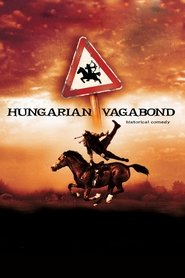 A Hungarian historical movie that tells...
A Hungarian historical movie that tells...Hungarian Vagabond 2004
A Hungarian historical movie that tells the story of the Hungarian ancestors, the seven leaders, who are looking for their new homeland in the last years of the 9th century. Before they leave their original home in Asia, they have a farewell party. They wake up with a severe hangover after consuming large quantities of kumis. The seven leaders wake up to find that their people have disappeared.
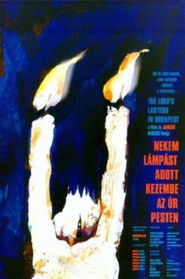 In the Kerepesi Street cemetery three...
In the Kerepesi Street cemetery three...The Lord's Lantern in Budapest 1999
In the Kerepesi Street cemetery, three grave diggers contemplate the fate of the world, then they step out of this role and in a sequence of episodes they play the typical figures of contemporary Hungarian reality, the fat cat, the swashbuckler, the victim, underworld chieftains, and present little absurd dramas of love, marriage, friendship, public order and legal safety. The author and the film director walk among them all the time, contemplating, laughing at their plays. The stories starting from the graveyard and returning there warn of the inevitability of death. The author and the director (Gyula Hernádi and Miklós Jancsó) wisely make friends with death.

 A popular writer with lack of...
A popular writer with lack of...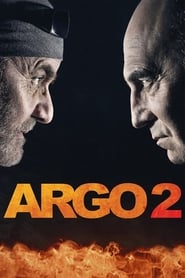
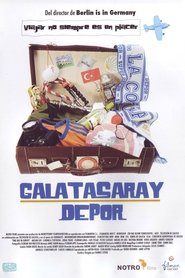 One day in Europe shows stories...
One day in Europe shows stories...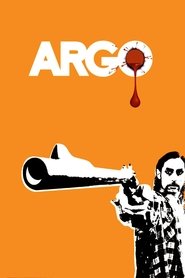 The crew of Tibi Balogh sets...
The crew of Tibi Balogh sets...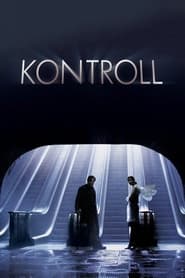 A tale about a strange young...
A tale about a strange young...